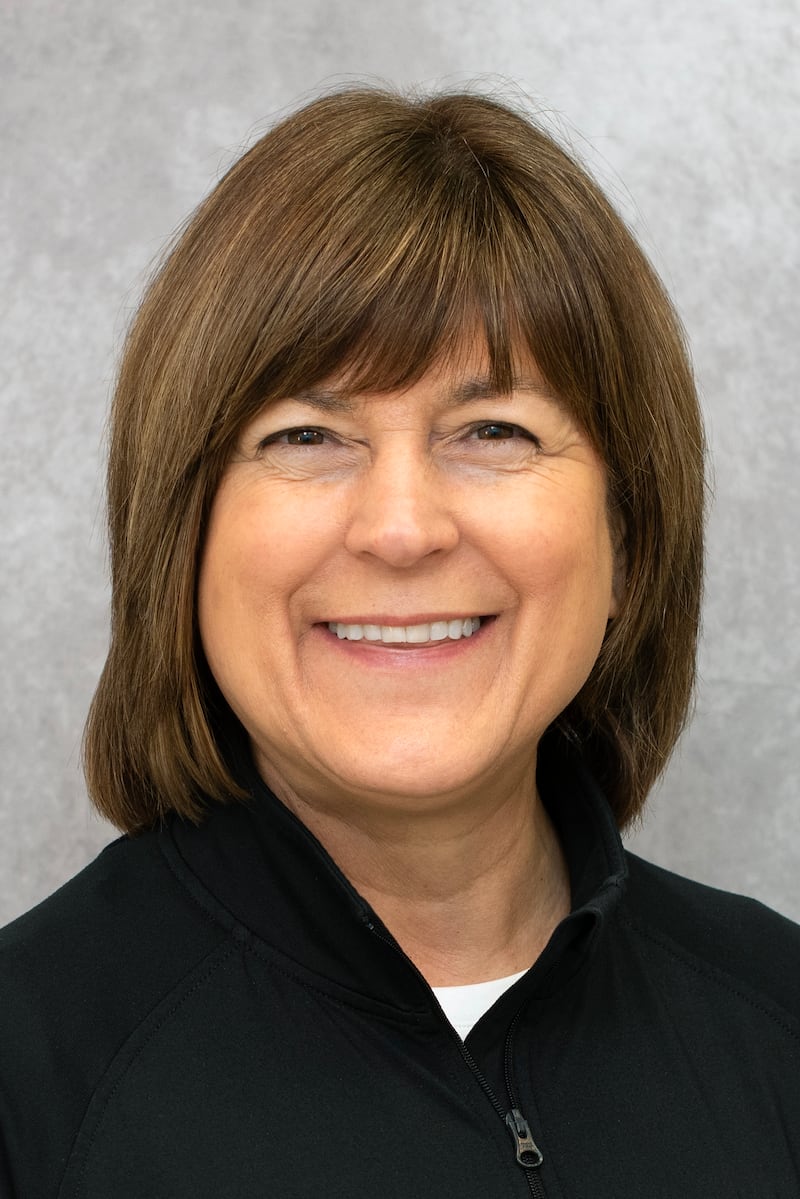October is National Health Literacy Month. Health literacy is defined as the ability to access, understand, appraise, and use health information and services to make informed health decisions for yourself and others.
Poor health literacy can lead to misunderstandings, mismanagement of health conditions, and ultimately poorer health outcomes.
The healthcare system can be confusing, with complicated protocols, acronyms, insurance requirements, and access issues. Your ability to decipher information and apply it to your personal situation can make a big difference in your current and future health. Here are some tips for improving your own health literacy:
- Have a plan for every provider visit. Prioritize what you want to talk and learn about. Bring a written list of your questions so that you don’t forget anything.
- Ask additional questions. If you are not sure you understand something, ask your provider to explain. Repeat back what you think you heard to prevent any misunderstanding.
- Ask for information in plain language. Ask for handouts, photos, diagrams, or video links to specific information.
- Bring a friend or family member with you to your visit, if possible. This person can take notes so you can concentrate on simply listening. If you’re attending a virtual visit, ask if they can join the call.
- Ask about additional resources. Some health care systems have special patient navigators to help patients get through their treatment plans. For example, CGH has patient navigators for cancer and for dementia. We also have dedicated social workers to help patients connect to any services they need to enhance their care.
- Look for multilingual providers or ask for an interpreter or translation services. Family members can help here but they might not be familiar with medical terminology.
- Embrace technology. Sign up for access to your health record so you can view test results, medication records, and your health history. Depending on the system used by your health care system you may also be able to make appointments and communicate with your provider.
- Be a careful media consumer. There’s no shortage of health information on TV, radio, websites, and social media. However, information can be incomplete, conflicting, or inaccurate.
- Provide feedback. Complete any surveys or questionnaires sent to you after your visits to help your provider understand where they may need to improve.
By improving your health literacy, you can more easily navigate the healthcare system, understand treatment options, and manage your health care more effectively.
Sherry DeWalt is the healthy lifestyles coordinator for the CGH Health Foundation in Sterling.
